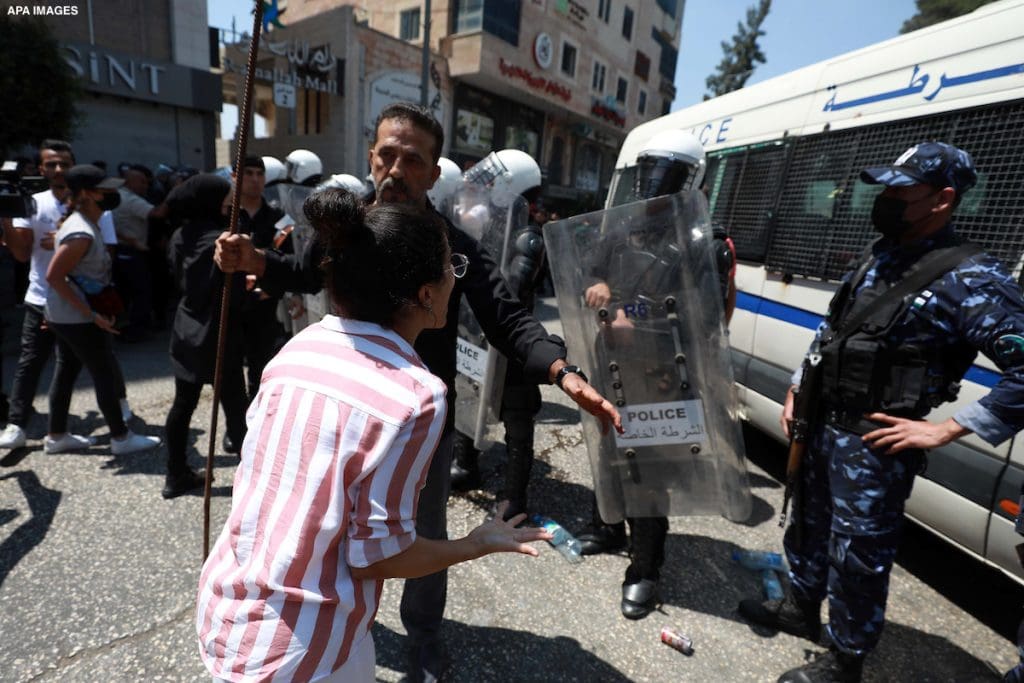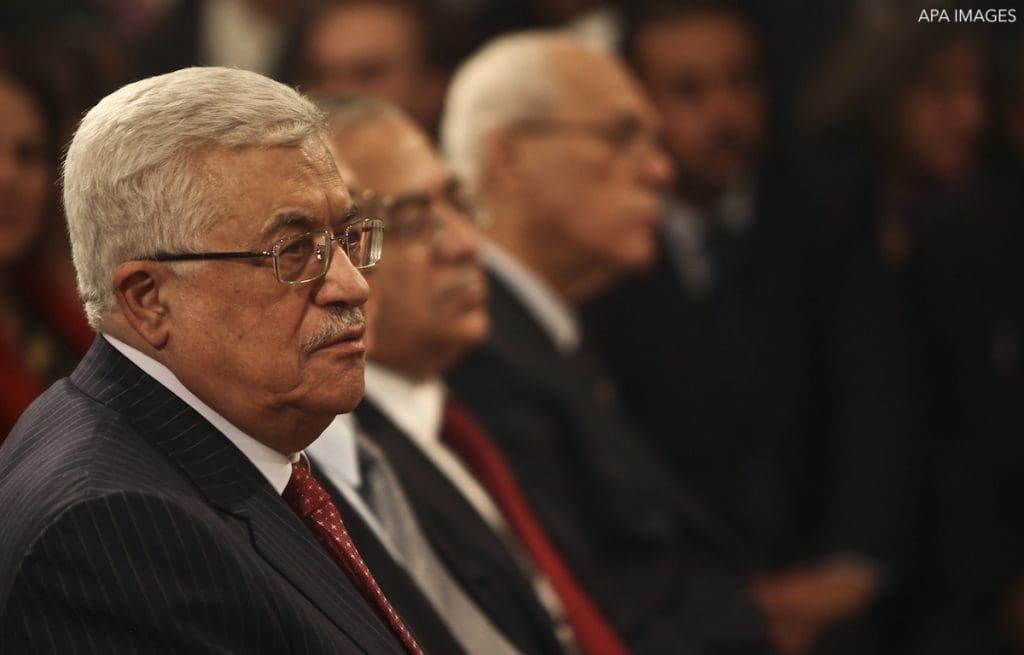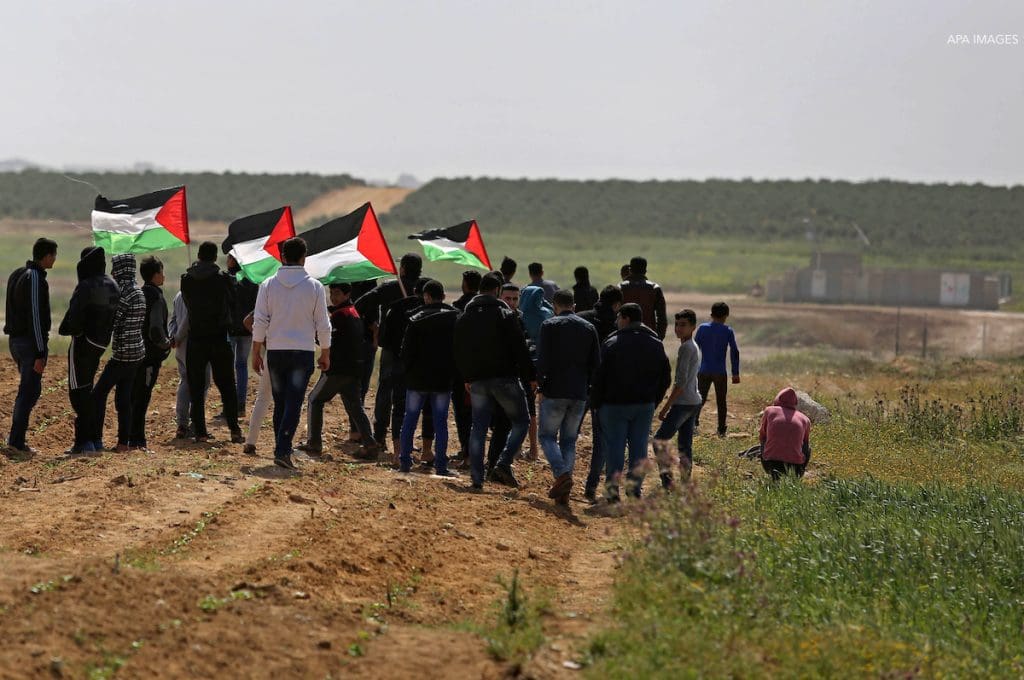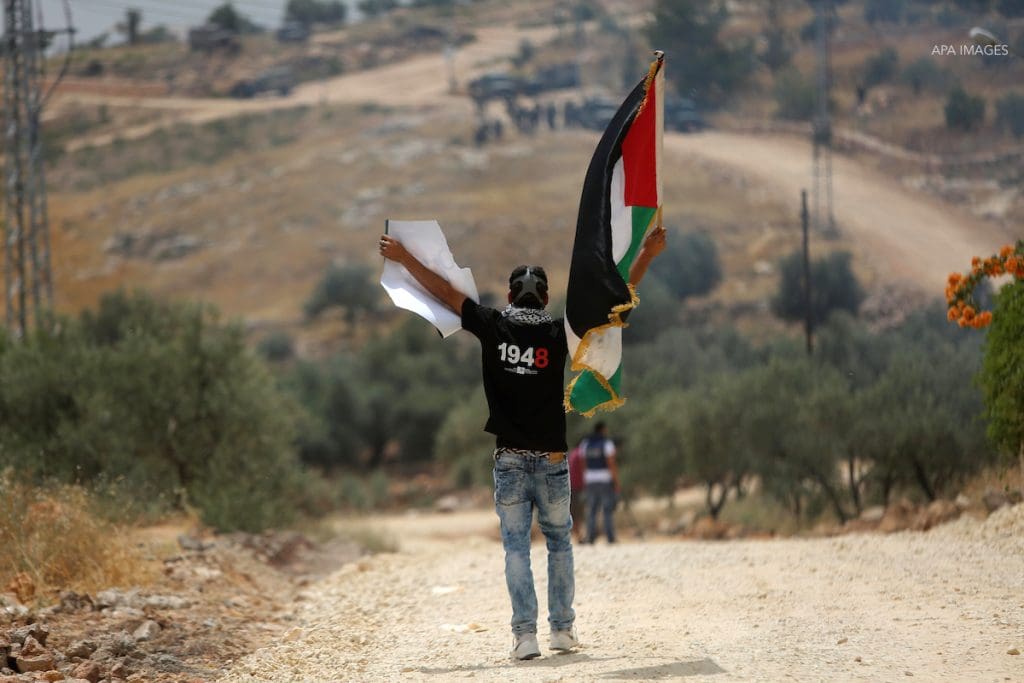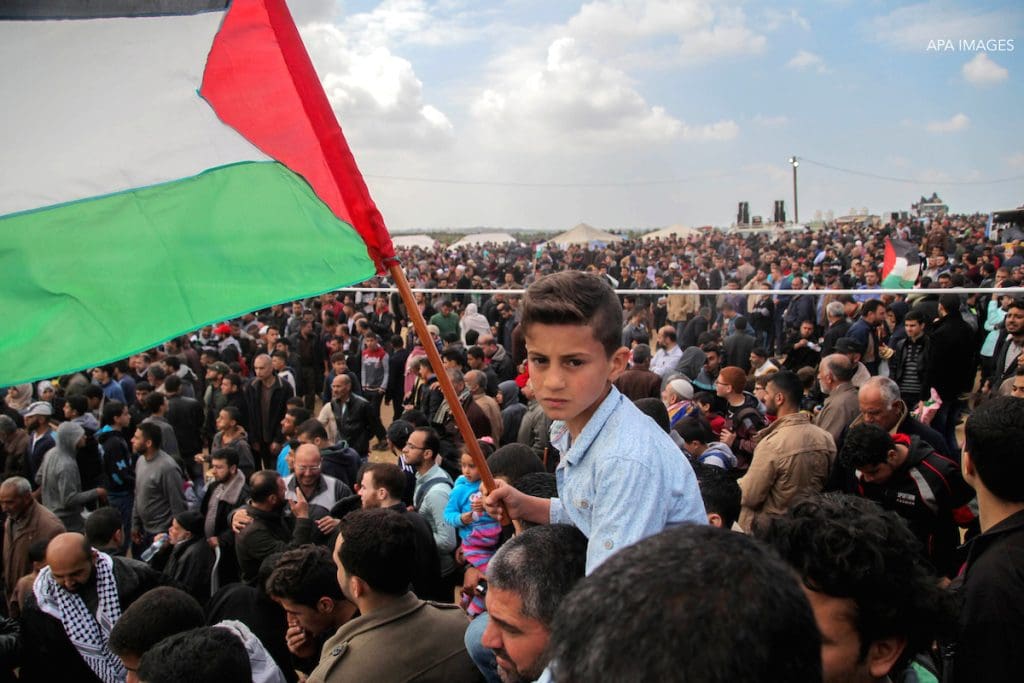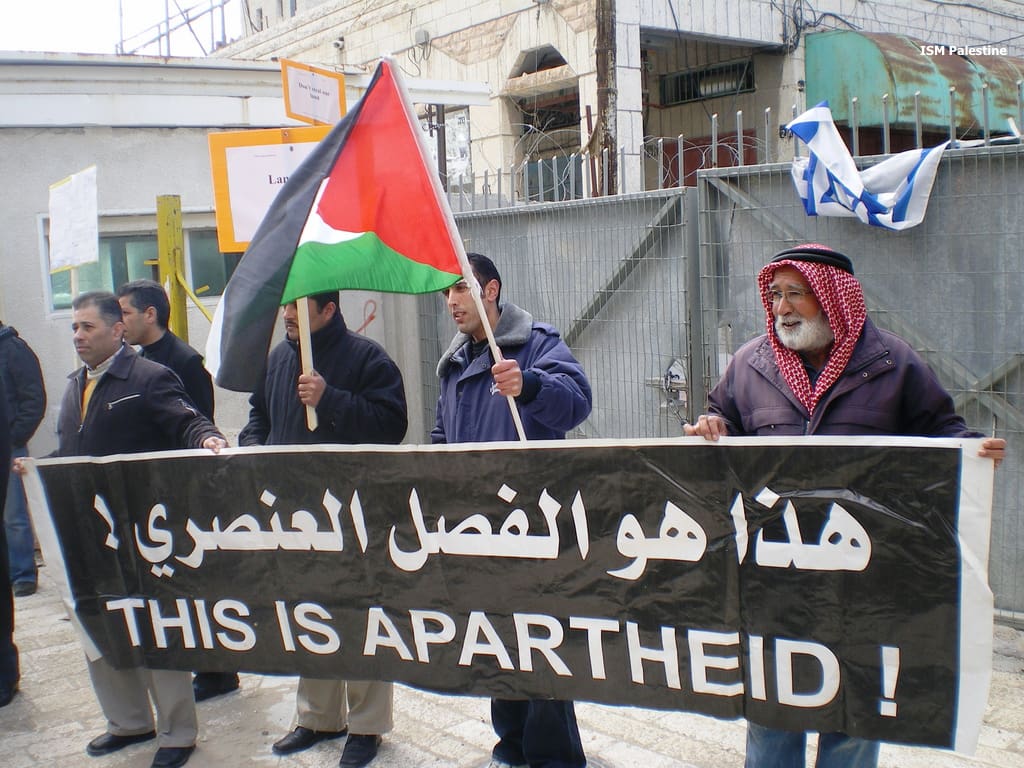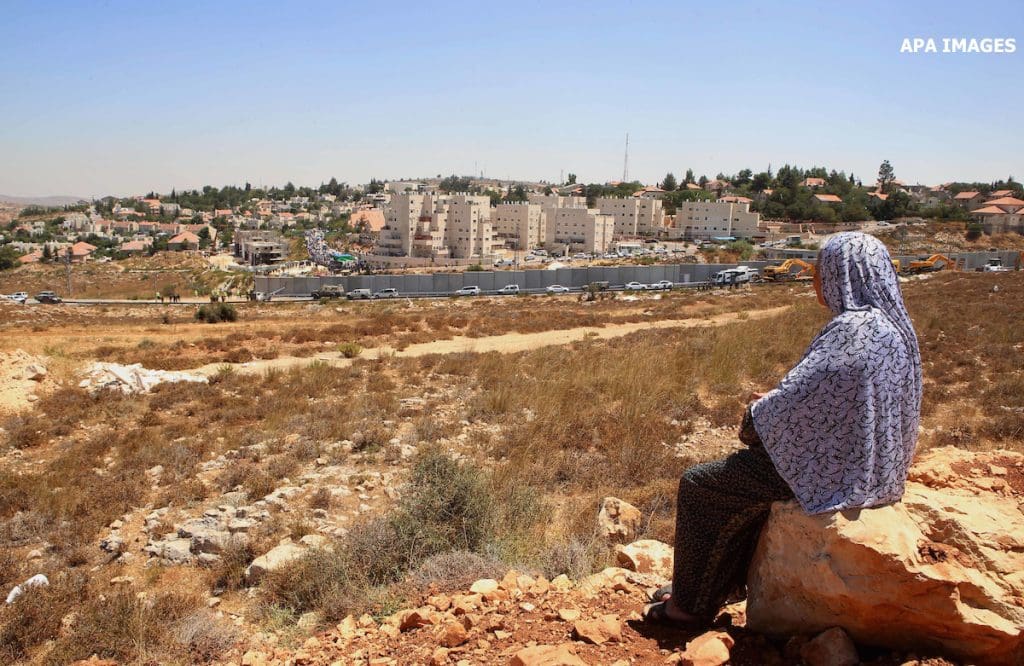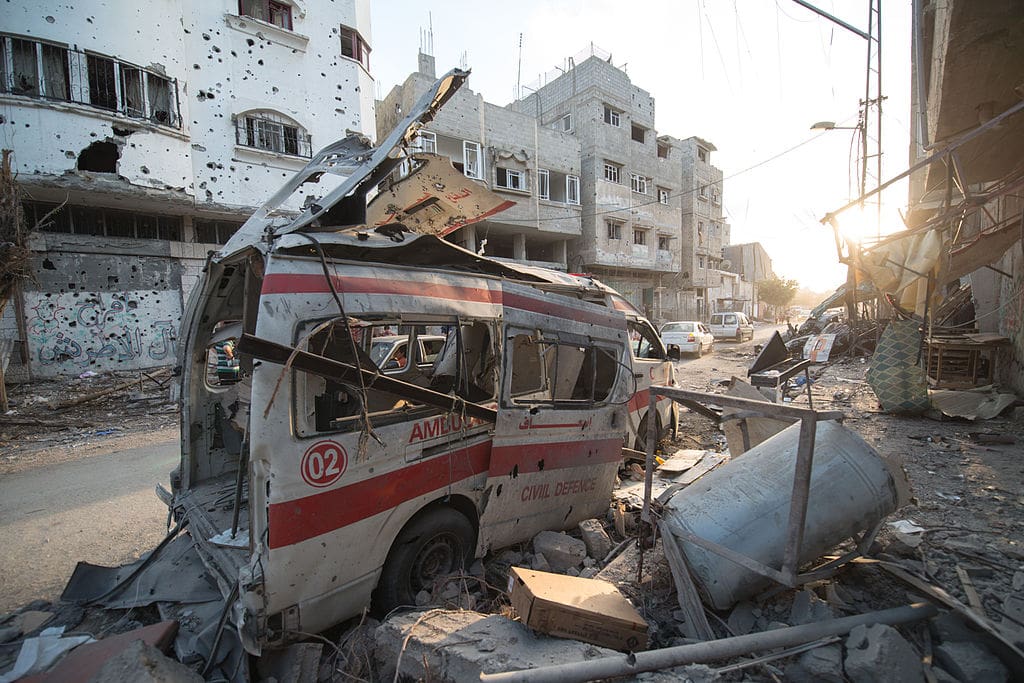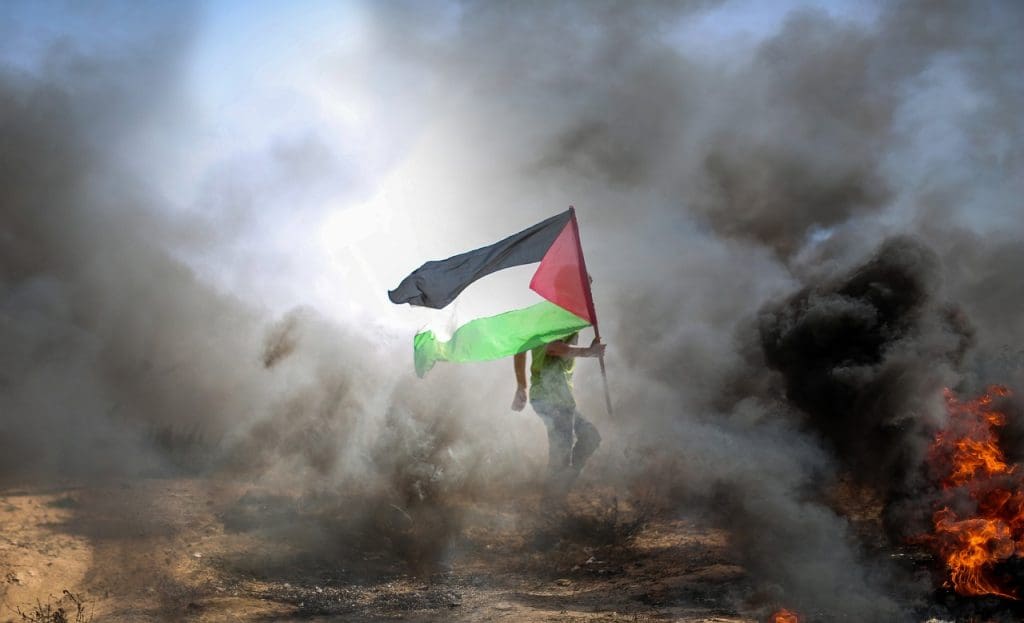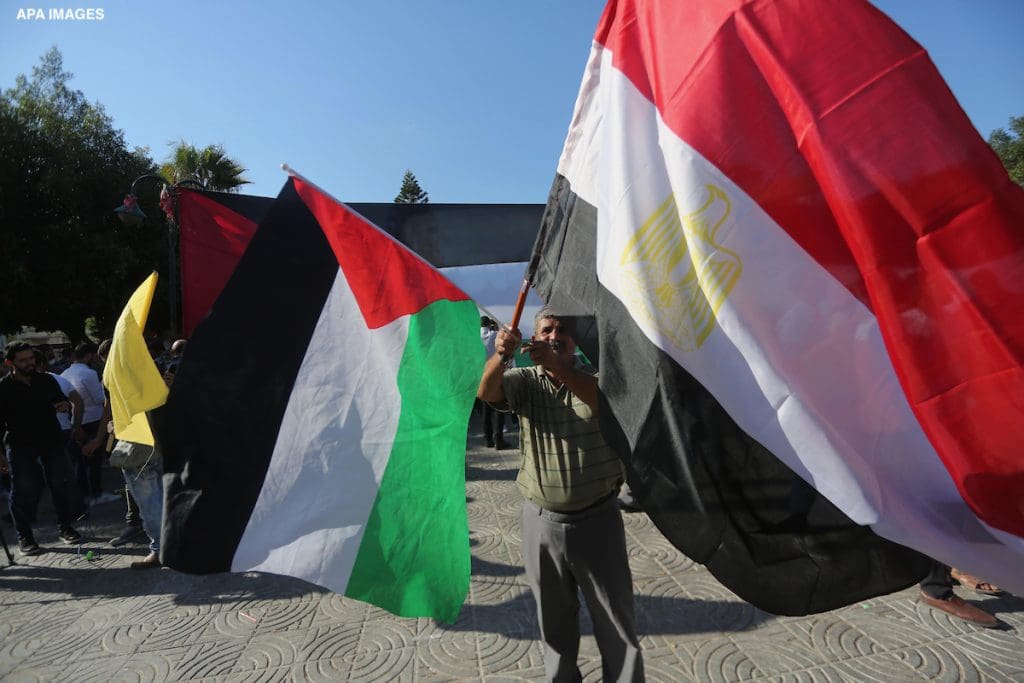Haidar Eid is Associate Professor of Postcolonial and Postmodern Literature at Gaza’s al-Aqsa University. He has written widely on the Arab-Israeli conflict, including articles published at Znet, Electronic Intifada, Palestine Chronicle, and Open Democracy. He has published papers on cultural Studies and literature in a number of journals, including Nebula, Journal of American Studies in Turkey, Cultural Logic, and the Journal of Comparative Literature. Haidar is the author of Worlding Postmodernism: Interpretive Possibilities of Critical Theory and Countering The Palestinian Nakba: One State For All.
From this author
Punctuated by the outbreak of the Unity Intifada in May 2021, the trajectory of Palestinian resistance is experiencing a watershed phase marked by new actors and themes. With the effective neutralization of the Palestinian Liberation Organization (PLO) since the 1993 Oslo Accords, the deepening geopolitical fragmentation of Palestinians across colonized Palestine and the world, and the global shift to cyberspace, new opportunities — and threats — to Palestinian resistance have emerged.




+
Sam Bahour,Rana Barakat,Mary Nazzal-Batayneh, + MoreOroub el-Abed,Nadia Hijab,Victor Kashkoush,Anis Kassim,Osamah Khalil,Mouin Rabbani,Jamil Hilal,Loubna Qutami,Haidar Eid,Yara Hawari,Nadim Nashif,Raya Naamneh,Omar Barghouti,Marwa Fatafta,Tariq Dana,Hatem Bazian,Noura Erakat,Alaa Tartir,Issam Younis,Nada Awad,Diana Buttu,Ingrid Jaradat Gassner· Aug 26, 2021
The Palestinian national movement is in an acute state of crisis, and the Palestinian political system and institutions are incapable of bringing the Palestinian people closer to realize their rights. The existing style of governance and models of leadership prove on a daily basis to be unfit for present and future Palestinian generations seeking equality, justice, and freedom above all.
The Great March of Return – which began on March 30 and has not yet ended – has shuffled the cards and brought crucial questions to the fore regarding the essence of the Palestinian cause as well as the status of the Gaza Strip. Despite the bleak reality of life in Gaza, which Israel’s siege will, with international and local collusion, soon render uninhabitable, a new awareness is emerging.

Haidar Eid· Jul 24, 2018
Palestinians have perhaps never been more in need of a forward-looking vision to shape their struggle. On the Nakba’s 70th anniversary, Al-Shabaka analysts propose visions they contend would resonate with the greatest number of Palestinians – whether one-staters or two, refugees, exiles, citizens of Israel, or those under occupation – and map ways to get from here to there.

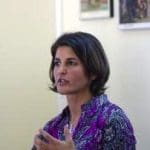

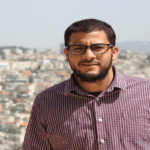
+
World attention has refocused on Gaza since the Palestinians imprisoned there for more than a decade began their peaceful “Great March of Return” on March 30. Risking life and limb to protest the violations of their human rights – Israel has killed more than 40 protestors and wounded thousands more, many seriously – the Gaza Palestinians have also succeeded in going to the root cause of the conflict.
The Israeli right is poised to annex much or all of the West Bank while continuing to isolate Gaza – either through continued siege or by pushing it on to Egypt’s plate. Donald Trump’s stance on Jerusalem offers recognition of illegal annexation that could be just the beginning. And his drive to cut back the United States contribution to UNRWA could presage a campaign to definitively close the door on the rights of Palestinian refugees 70 years after Israel’s creation and the loss of Palestine.
As Israel intensifies its settler-colonial project, apartheid has become an increasingly important framework for understanding and challenging Israeli rule in historic Palestine. Under international law, apartheid is a crime against humanity and states can be held accountable for their actions. However, international law has its limitations.


The Gaza Strip’s grim reality has lately worsened with the likely loss of its beleaguered ally and donor, Qatar, and a severe electricity shortage inflicted by Israel and the Palestinian Authority. Gaza-based Al-Shabaka Policy Analysts Haidar Eid and Ayah Abubasheer examine the political ramifications of these developments, as well as their grave impact on Gazans’ daily life.


Many solutions have been put forward to the decades-long crisis of leadership afflicting the Palestinian people, such as reform of the Palestine Liberation Organization (PLO) from within through elections to the Palestinian National Council, or bringing Hamas and other Islamist groups into the PLO Executive Committee.

Haidar Eid· Dec 9, 2013
Palestinians know that if Cairo sneezes then Palestine, especially Gaza, is first to get the flu. Indeed, Gaza often serves as a tool of regime policy, as was the case during the Mubarak years and during the short-lived government led by the Muslim Brotherhood’s Freedom and Justice Party, and is still the case with the current regime since July 2013.

Haidar Eid· Aug 13, 2013









